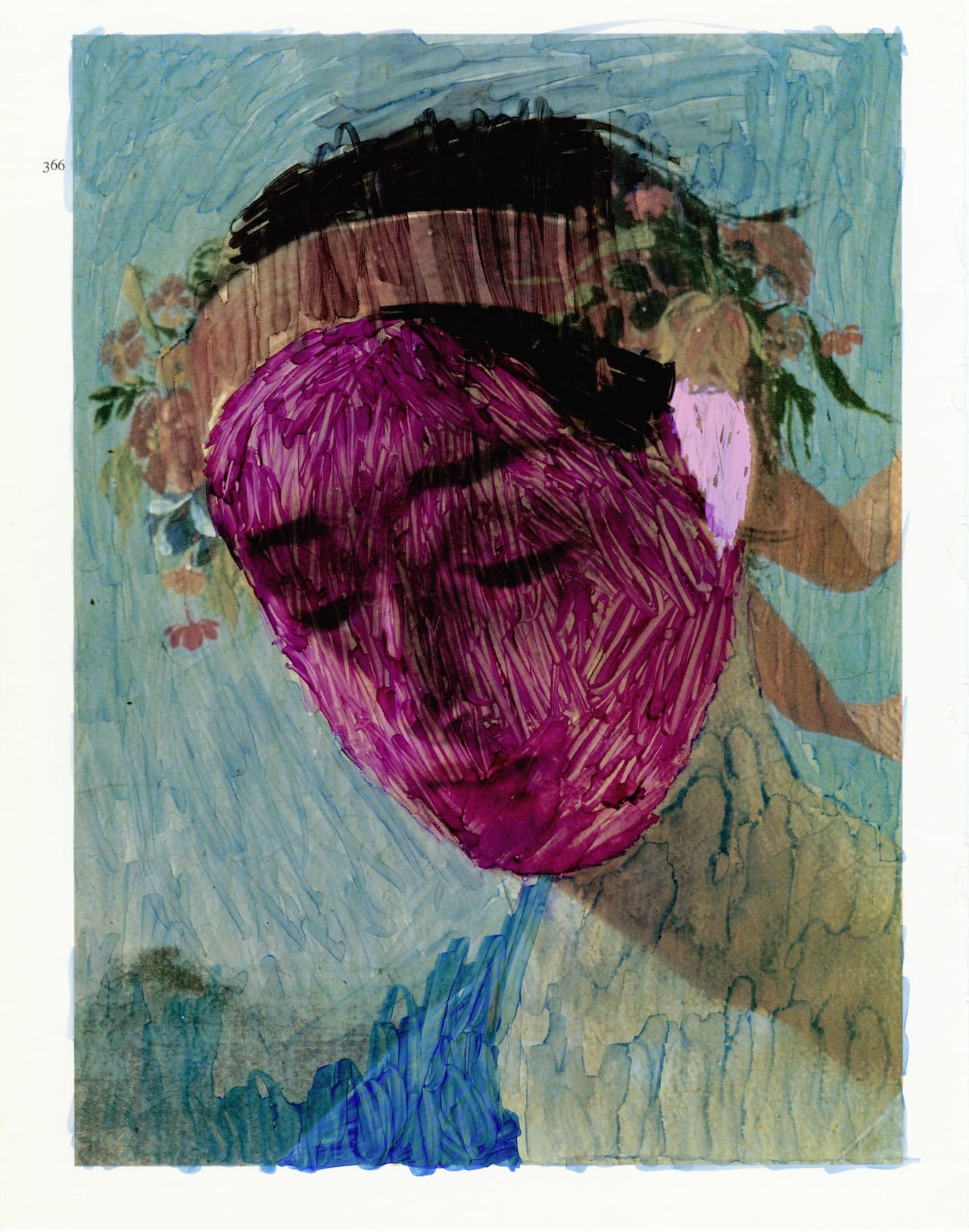Carolyn Drake first visited Ukraine more than a decade ago, as part of a year-long Fulbright fellowship investigation of changing notions of gender in the former USSR. Coming of age at the end of the Cold War, and with preconceptions about the region, she “saw it as a chance to step out of my present frame of reference, as a way to look at the malleability and impermanence of beliefs,” she recalls. Searching for expressions of female identity in the West of the country, she met the hosts of a church-run orphanage, who directed her to an older institution nearby called Petrykhiv Internat. Tucked away in a forest on the outskirts of Ternopil, it was a state-run boarding house, where around 70 girls marked as ill or disabled had been sent to live. Labelled abnormal, they had been deemed unfit to live beyond the home’s towering walls. That first trip took place in 2006; eight years later, she returned, eager to find out what had become of the girls and their home. “I expected to show up and ask someone on the staff how I could find the girls,” she says. “But when I arrived, I found most of them were still there, now in their twenties.

